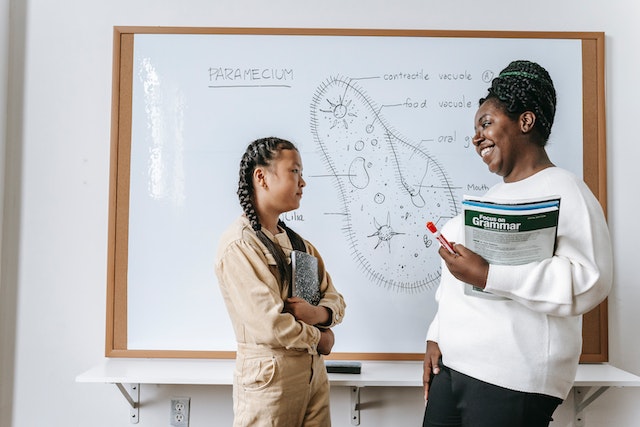The uniqueness of the past perfect tense is that it talks about the ‘past in the past.’ In this concept, we will take a look at the use and structure of the past perfect tense which will be followed by a short quiz to check your understanding.
STRUCTURE OF THE PAST PERFECT TENSE
The subject along with the auxiliary ‘have’ as well as the main verb
- We form the Auxiliary verb in the past simple.
- The main verb is not variable in the form of past participle form.
- For negative sentences, we put the word ‘not’ between the auxiliary verb and also the main verb
- For question sentences, we exchange the subject and the auxiliary verb
Examples of the past perfect tense:
| subject | Auxiliary verb | Main verb | |||
| For positive sentence | I | had | completed | My assignment. | |
| You | had | Finished | singing. | ||
| For negative sentence | She | had | not | received | The mail. |
| We | had | not | returned. | ||
| For question sentence | Had | you | played? | ||
| Had | they | Drunk | soda? |
While speaking, very often, we combine the subject with the auxiliary verb when we using the past perfect tense which is also done in informal writing, something like this:
| She had = She’d |
| I had = I’d |
| You had = You’d |
| We had = We’d |
| They had = They’d |
For example,
- I’d taken a bath already.
- She’d gone home.
In the case of negative sentences, we can contract the auxiliary verb along with the word ‘not’:
- She hadn’t returned home.
- He hadn’t had his dinner.
What is the Past perfect tense used for?
We use the Past Perfect Tense to express actions in the past before another action in the past. Past perfect tense is used to talk about the past in the past.
For example,
- The bus left at 5pm. We arrived at 5:30pm. When we arrived, the train had left.
- I was hungry, I had not eaten for 6 hours.
Normally, we use the Past Perfect tense in reported speech after verbs such as said, told, asked, thought, wondered, etc.
For example:
- She had told me that she had eaten.
- I had thought that I had heard him before, but I was wrong.
- He wondered if he had eaten there before.
- We asked them why they had not finished the assignment.















